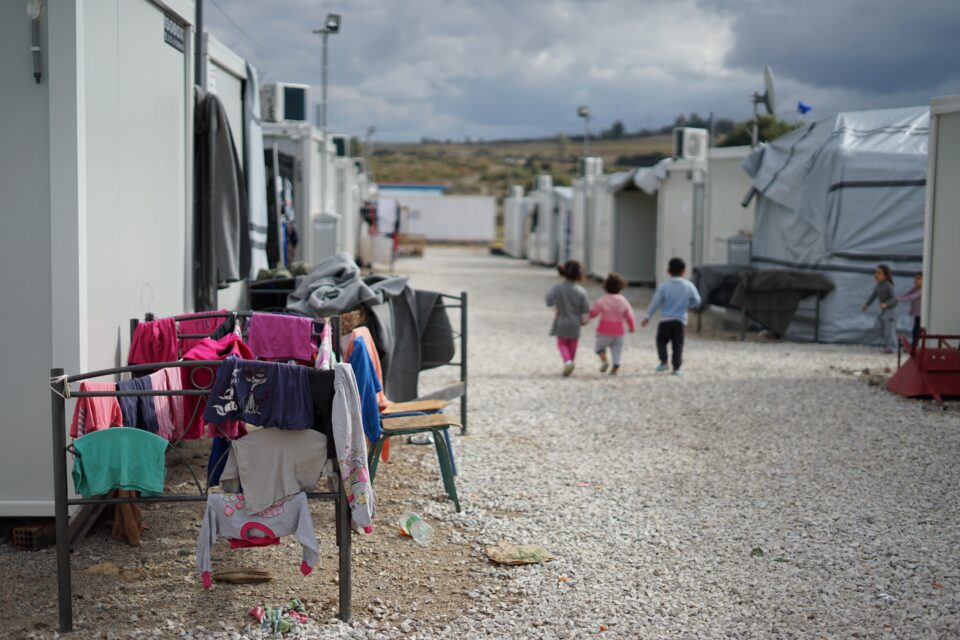Current Research Projects

Here you can find details of research currently being undertaken by SCEWP staff:
Duties To Rescue
Helen is currently writing a book on the nature and scope of the duty to rescue, provisionally entitled Help: The Ethics of Rescue. Some chapters have already appeared as journal articles. ‘If You’ll Be My Bodyguard: Agreements to Save and the Duty to Minimise Harm‘, was published in Ethics, and considers the permissibility of saving someone from a lesser harm when one could just as easily save someone else from a greater harm. A second paper, ‘The Limited Use View of the Duty to Rescue‘, is in Oxford Studies in Political Philosophy, and won the 2019 Marc Sanders Prize in Political Philosophy. This paper explores the permissibility of saving ourselves from a lesser harm rather than someone else from a greater harm. Helen was interviewed about the ideas in this paper for Epoché magazine. A third paper, ‘Liability for Wrongful Assistance: On Causing Unjust Harm in the Course of Suboptimal Rescue‘, forms part of a special issue of the Journal of Applied Philosophy on the ethics of indirect foreign intervention, the result of a workshop at SCEWP. Helen is currently writing two further papers on the ethics of refugee policy.
The Ethics of Cultural Heritage Protection
Helen is currently co-authoring (with Derek Matravers) a monograph on the protection of cultural heritage in war. With Derek, Joshua Williams and William Bülow, she has also co-edited Heritage and War: Ethical Issues (Oxford, Oxford University Press), a collection of original papers on the ethics of cultural heritage in war. She and Derek have also written a paper for the J. Paul Getty Trust’s Occasional Papers in Cultural Heritage Policy on conflicts in heritage protection. Helen’s paper on the duty to remove statues of wrongdoers appeared in the Journal of Practical Ethics. More information on this project can be found on the Heritage in War website. Helen also discusses some of these issues in this podcast.
Citizens’ Responsibility for Their Non-Democratic Governments’ Wrongdoings
Attila is working on the scope and limits of citizens’ responsibility and liability for their elected but non-democratic governments’ wrongdoings. While states such as Turkey or Russia are not democratic, they regularly hold elections, which generates moral challenges for citizens concerning whether to vote, and if so, how. A solid account of the ethics of voting and political participation in hybrid regimes has implications, for instance, for the fairness of moral blame that targets and economic sanctions that affect citizens of hybrid regimes engaged in aggressive warfare or other wrongful foreign policy. Current working papers include a paper on the permissibility of protest voting in contexts where a duty to vote for a lesser evil is applicable, and another paper on the liability of citizens for blame and sanctions in non-democratic regimes. Attila is also working on a monograph: An Ethics of Voting for Non-Democracies (working title).


